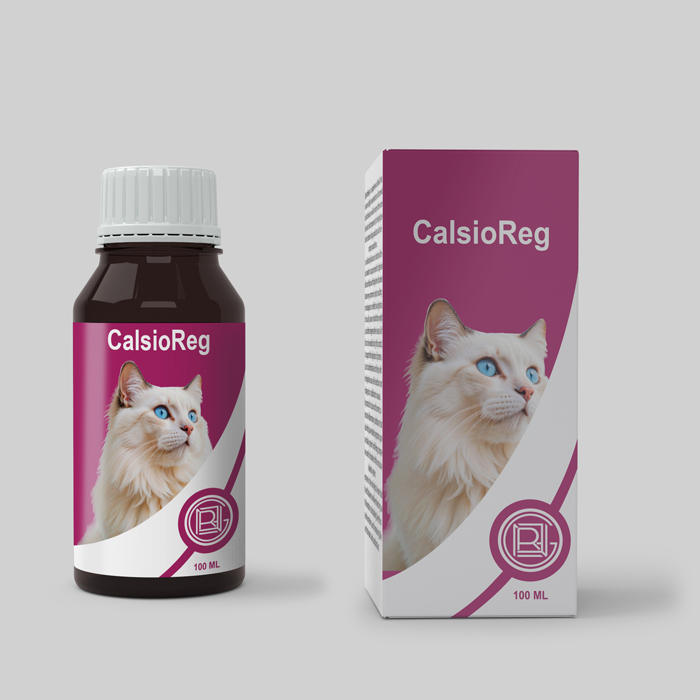How to Care for Cats and Dogs in Winter

1. Maintaining Body Temperature
- Provide a Warm Space: Make sure your pets have a warm and safe place to rest indoors. You can set up a cozy bed in a warm corner away from cold drafts.
- Appropriate Clothing: Some dogs and cats may need warm clothing such as coats or sweaters, especially short-haired dogs or cats that lack a natural insulating layer.
- Protect Their Paws: Paws can be affected by ice and cold water. Using booties for dogs can protect them from cuts caused by walking on snow or rain.
2. Preventing Cold-Related Illnesses
- Vaccinations: Ensure that your cat or dog has received the necessary vaccinations, especially if they spend time outdoors. Illnesses like cold and respiratory infections are more common during cold months.
- Check Paws Regularly: After every outdoor walk, make sure to check your dog or cat’s paws for any cuts or wounds caused by snow or ice that may get stuck between their toes. Use warm water to clean their paws from ice or chemicals like salt.
3. Nutrition and Hydration
- Increase Food Intake: In the cold, pets burn more energy to maintain their body temperature, so you should increase their food intake. Ensure you’re offering food that provides all the necessary nutrients.
- Proper Hydration: While hydration might not seem as important in winter, it’s essential to prevent dehydration. Always make sure fresh water is available for your pets.
4. Coat and Grooming Care
- Regular Grooming: Long-haired pets need more attention in winter. Regularly brush your dog or cat’s fur to remove dead hair and prevent matting.
- Moderate Bathing: While winter baths may be less frequent than in other seasons, ensure your pet is thoroughly dried after any bath. Avoid frequent bathing to prevent dry skin.
5. Care for Outdoor Animals
- Provide a Warm Shelter Outdoors: If you have outdoor pets or livestock, ensure they have a warm, sheltered place to stay. The shelter should be windproof and waterproof. Place a comfortable bed inside for warmth.
- Precautions During Snowstorms: In case of snowstorms or severe weather, it’s best to keep your pets indoors or in a protected area.
6. Physical Activity
- Regular Exercise: Even in winter, your dog or cat needs regular physical activity. However, it’s best to keep walks short in extremely cold weather. Opt for shorter but more frequent walks to maintain activity levels.
- Indoor Play: To meet your pet’s energy needs, provide interactive toys indoors. Keeping your pet entertained prevents boredom and anxiety during cold days.
7. Monitor Your Pet’s Health
- Watch for Health Signs: With the change in weather, certain illnesses may become more apparent. Keep a close eye on your pets for any signs of cold-related illnesses, such as coughing, frequent yawning, or lethargy. If you notice any of these symptoms, consult a veterinarian immediately.
Conclusion
Winter can bring several challenges to your pet’s health. With proper care, your dog or cat can enjoy a healthy and warm winter. Make sure to take special care of their living space, diet, physical activity, and protection from cold-related illnesses. If you need any special products or supplies for your pets this season, don’t hesitate to visit our store for the best options.
Keep your pets warm and healthy this winter!
